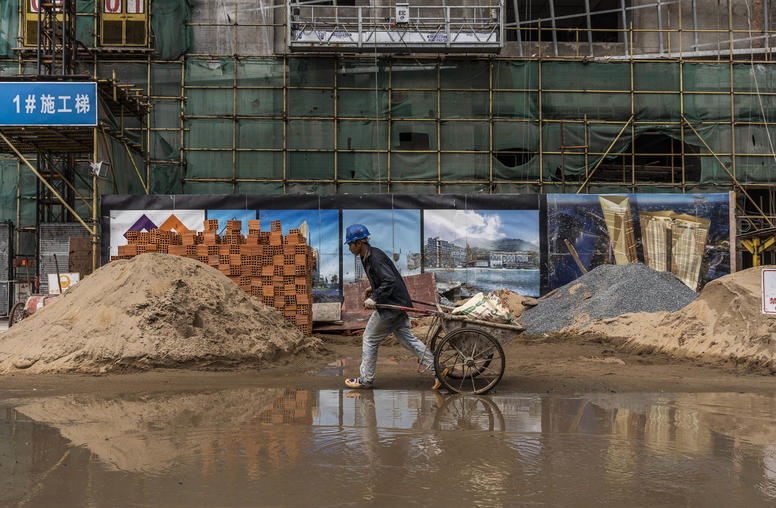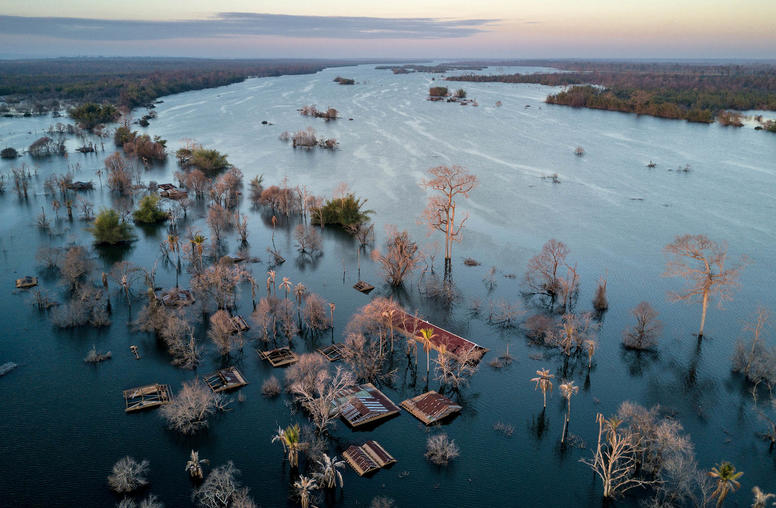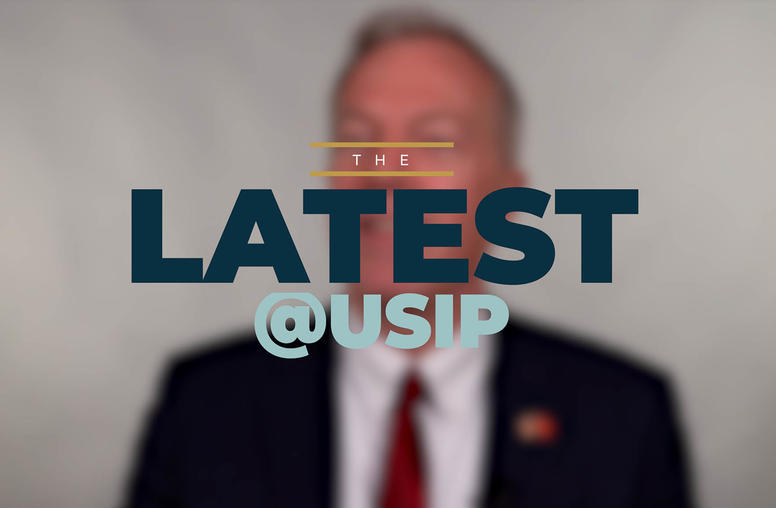Over five decades later, the legacies of the Vietnam War still impact Vietnam, Laos and Cambodia and their relations with the United States. But concerted efforts to promote justice and reconciliation have begun to address the collective trauma the war left behind — and in doing so, have turned what was once a major obstacle for U.S. engagement in Southeast Asia into one of the most remarkable stories of humanitarian cooperation in the 21st century.
California State University’s Leakhena Nou and the Legacies of War’s Sera Koulabdara discuss how the lingering effects of the war have impacted their lives directly, how legal mechanisms like the ongoing international war crimes tribunal in Cambodia offer victims an avenue for justice, and why continued funding to address unexploded ordnance in both Cambodia and Laos is critical for improving U.S. relations with the two countries.
The Vietnam Society’s Erin Phuong Steinhauer, documentary filmmaker Le Hoang Linh and former U.S. paratrooper Bob March discuss how the search for missing remains of both American and Vietnamese soldiers can help heal the war’s unresolved trauma and promote further U.S.-Vietnamese cooperation and reconciliation.



